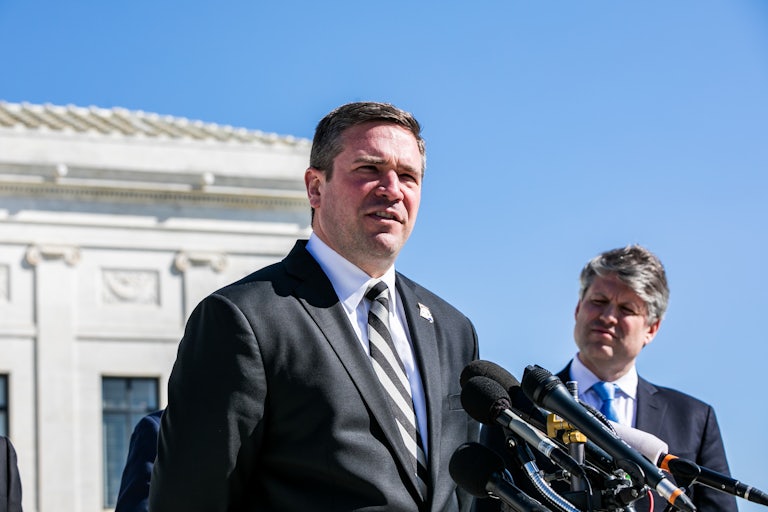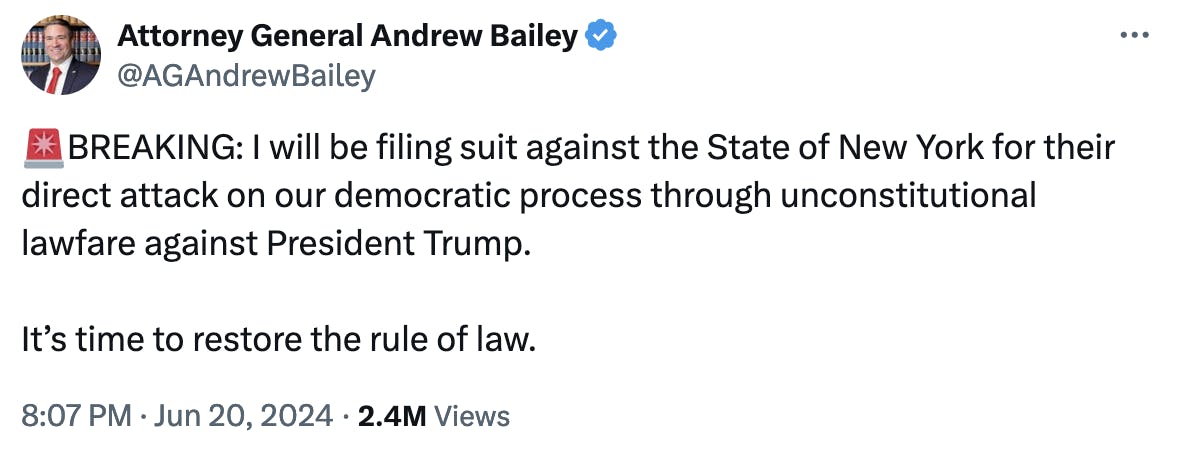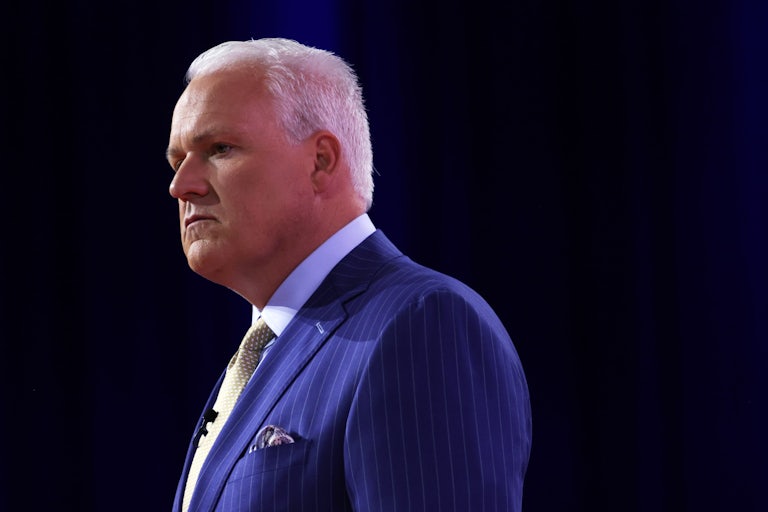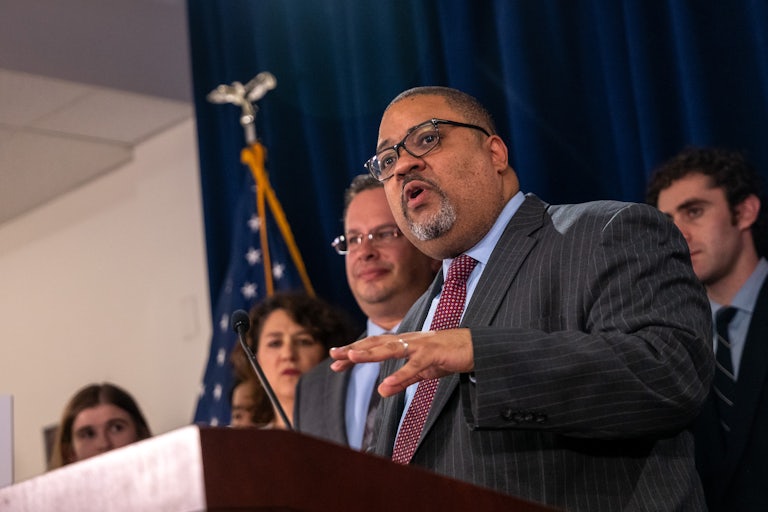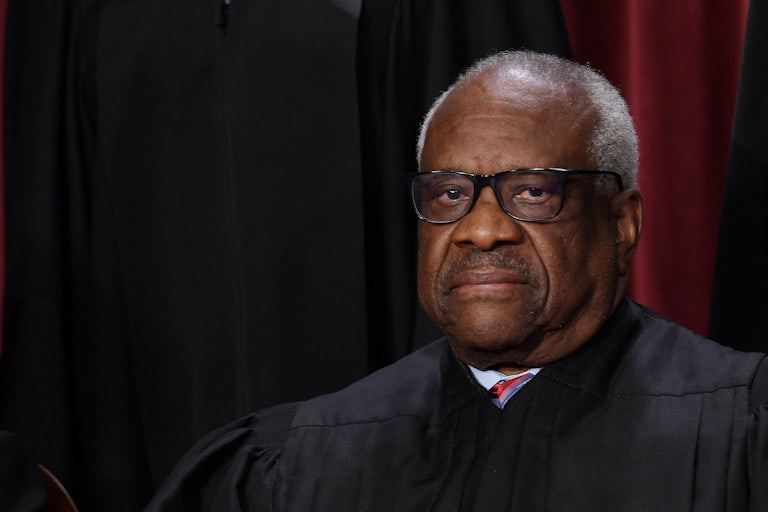Judge Cannon’s Upcoming Decision Could Spell Disaster for Trump Case
In his next move, Donald Trump will ask his favorite judge to toss out evidence central to the whole classified documents case.

Donald Trump is trying to get the strongest evidence against him in his classified documents case thrown out: the memos written by his former lawyer Evan Corcoran.
The former president and convicted felon’s legal team is expected to ask Judge Aileen Cannon next week to remove the prosecution’s access to memos made by Corcoran, according to The Guardian. The memos note what Trump and his lawyer discussed regarding Trump complying with a court order to search his Mar-a-Lago estate for the missing classified documents.
According to the memos, after Trump received the court’s subpoena, he said to Corcoran, “Well, what if we, what happens if we just don’t respond at all or don’t play ball with them?” and “Wouldn’t it be better if we just told them we don’t have anything here?” and “Well, look, isn’t it better if there are no documents?”
Trump’s federal indictment alleged that Trump had his employees (and now co-defendants) Walt Nauta and Carlos De Oliveira move 64 boxes from a storage room to his residence so he could go through them, but only return 30 boxes back to the room where Corcoran would conduct his search. Corcoran would find 38 classified documents there, and Trump reportedly asked him, “Did you find anything? ... Is it bad? Good?” and then made a plucking motion to suggest “if there’s anything really bad in there, like, pluck it out.”
Trump’s lawyers are expected to argue that the memos don’t fit under the crime-fraud exception to attorney-client privilege and that chief U.S. District Judge Beryl Howell in Washington, D.C., should not have allowed them as evidence. And Cannon has been particularly receptive to Trump requests, agreeing to hear pretrial motions that have slowed down proceedings, throwing out parts of the case, and postponing the trial indefinitely.
The Trump-appointed judge, who had minimal trial experience prior to taking the classified documents case, turned down offers from more senior and experienced judges to take over the case. Her actions have drawn criticism, even from one of Trump’s former lawyers, who has called her a “partisan prima donna.” And that’s exactly what Trump wants.

